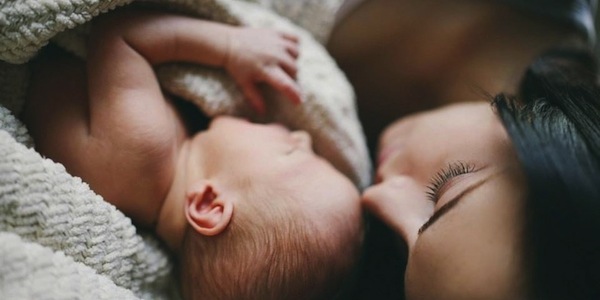Most studies have concluded that unemployment in the short run leads to a drop in fertility, but whether the negative effects persist–whether women simply postpone childbearing or if the effect is more long-term–has remained unknown. According to a recent study by Princeton University, living through a recession means that some women will never have a child, and a major recession such as that experienced in the US in 2008-2009 may cause losses of hundreds of thousands of births.
“Fertility falls when unemployment rises, but there may be no long-run effect if women simply postpone childbearing,” considered the authors of the study, but after completing their research the team concluded that unemployment not only causes drops in fertility in the short-term, but over time the negative effects actually increase. This increase was found to be characterized largely by women who did not have any children as a result of living through a recession in their early 20s.

“The effects are actually bigger in the long run than in the short run,” Dr. Janet Currie, Henry Putnam, Professor of Economics and Public Affairs Director of the Center for Health and Well-Being at Princeton, told The Speaker.
“Macroeconomic events really matter for individual people’s lives, and can have a profound effect on them,” said Currie.
She commented on those women who were most vulnerable to fluctuations in employment rates. “What matters is unemployment in the early 20s. So a deeper recession at that time of a woman’s life would lead to fewer births long-term.”
The report, “Short- and long-term effects of unemployment on fertility,” was authored by Curie and Dr Hannes Schwandt at Princeton University, and was published in the current edition of the Proceedings of the National Academy of Sciences.
The team analyzed the effect of unemployment by following fixed groups of US-born women. The team looked at year of birth and state in which the women lived, and drew on 140 million US birth records for the period 1975-2010.
They found that only a one percent decrease in the employment rate during a woman’s life from between the ages of 20-24 caused a drop in short-term fertility by six conceptions per 1,000 women.
When those women were assessed at their 40th year, that same one percent drop during their early 20s was associated with an overall drop in conceptions of 14.2 per 1,000 women.
Taking this finding to the national level, the effects of a major recession can account for hundreds of thousands of lost births.
“On a national scale effects of the magnitude we find suggest a loss of about 400,000 births stemming from the ‘Great Recession’ that started in 2008,” Currie told us.
“This larger long-term effect is driven largely by women who remain childless.”
By Day Blakely Donaldson
